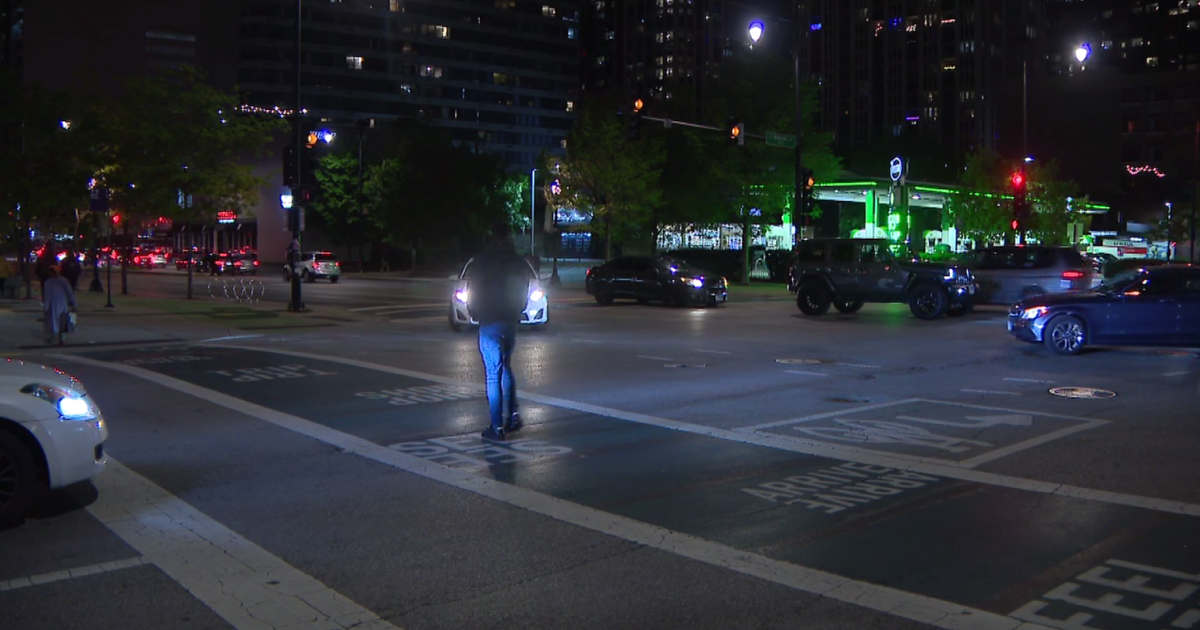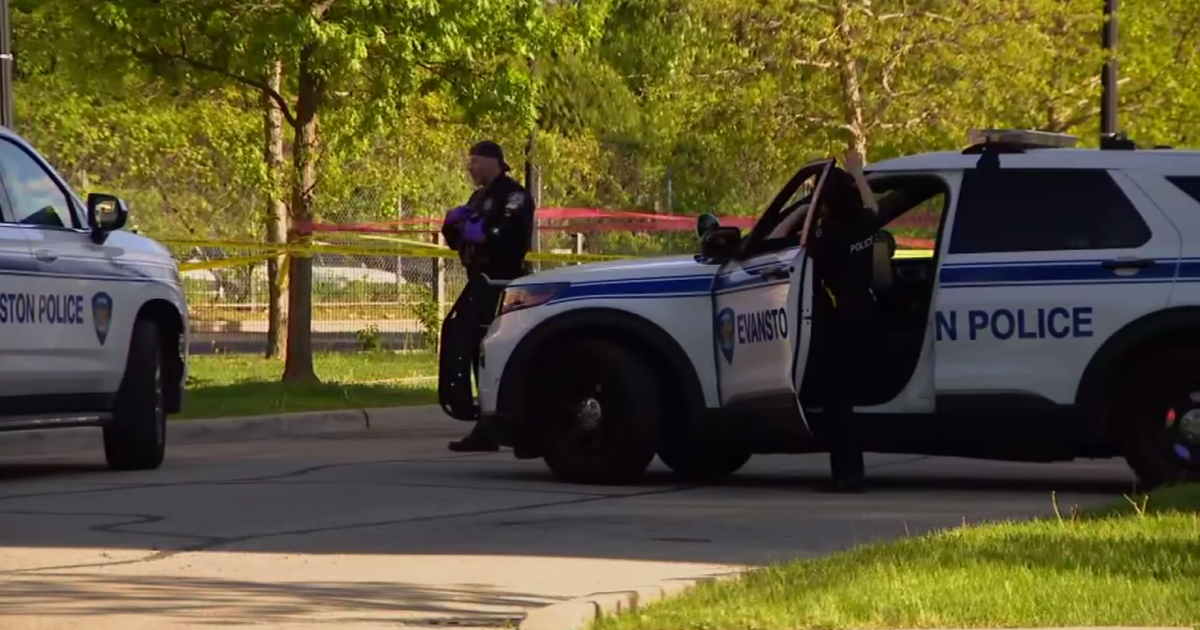Only on 2: Hammond, Indiana man calls for policy changes after he was convicted twice for crimes he didn't commit
HAMMOND, Ind. (CBS) -- He was convicted twice for a rape charge and a murder charge, and twice the system exonerated him -- ruling that prosecutors failed to provide his legal team with evidence that would have helped exonerate him.
It's believed to be a first in the American legal system. Now, a final hurdle has been cleared for Indiana's James Hill.
Only on 2, he tells our Chris Tye he maintains his innocence and is now calling for policy changes, so it doesn't happen again.
"I was a 17-year-old kid, I'll be 60 and this is basically still not over."
James Hill's long legal road began in 1980.
Police believe the Chevy Impala pictured was the shooters getaway car.
Prosecutors convinced a jury he was the driver of that getaway car in the murder of an off-duty Hammond police officer.
He also spent almost two decades in prison on a Hammond rape case.
In both cases, Hill says he was innocent. And in both — he was later exonerated.
Prosecutors violated what's known as the Brady Rule -- failing to give his defense team evidence that was helpful to their side.
"Not only is he convicted of something he didn't do, he's convicted in large measure because they deliberately failed to turn over what they are obliged to turn over. That's why it's called due process. Its process that's due you," said attorney Scott King.
"They did that to me twice," Hill said. "It is very, very sad. It is truly a miscarriage of justice."
Two weeks ago, a judge removed the final possible hurdle — formally dismissing the murder charge. And for the first time in 40 years he, believes its finally over.
"It's difficult it's a fight. Its 20 years of my life taken away for something I didn't do and its hard. It's really hard," he said.
Also hard, not becoming bitter for a man who is now a grandfather.
"I have to stay strong for them," Hill said. "I had to let those feelings subside and move forward. I can't worry about what happened in 1980, or 2018."
What did happen in those years, Hill and his team believe, was an effort by Hammond police and prosecutors to hastily close cases.
"Policies should be in place, laws should be changed. This is some third world country stuff that happened to me."
What's next for him?
within 90 days his record should be fully expunged — which will help him more easily find a job, which has been hard.
Then a jury here in Hammond will decide how much compensation he is due for those years wrongfully imprisoned.
Prosecutors in this country -- for the most part -- have immunity from being taken to court themselves when cases like this emerge.
Hill's legal team says one way to avoid this kind of thing from happening in the future is to modify that rule so under certain conditions they can be held to account.




